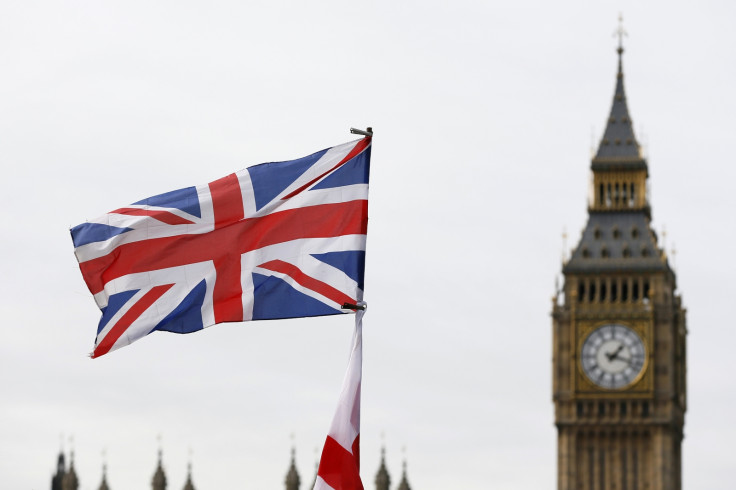William Keegan: Do not be fooled by Conservatives rhetoric as UK economy struggles to recover

The impending British general election seems to be attracting great interest internationally, not least in the financial markets. One obvious reason is that the outcome of a British election has seldom seemed to rest on such a conflict between the predictable and the unpredictable.
The predictable part is that, on all the polling evidence, no one party appears to have enough support to win a clear majority. This is in contrast to the position in 2010, when the general view was that the government led by Gordon Brown was almost certain to lose.
However, what the general view failed to encompass then was that the Conservatives, led by David Cameron, would fail to win an overall majority. So we entered an era of coalition politics, with the Conservatives as the senior partner and the Liberal Democrats the junior.
This time the general view may be that no party can win an overall majority, but even the most expert of experts tend to confess ignorance as to, firstly, which will be the majority party, and secondly, how and with whom the leader of that party will be able to convince Her Majesty Queen Elizabeth II that they are in a position to form a viable government.
Yes - in this country we still, in 2015, call it Her Majesty's Government, and the incoming prime minister is required to go to the Palace and declare their intentions.
Now, your correspondent will stick his neck out and say that in the UK, retiring governments tend to lose elections rather than oppositions win them. Regular readers of this column should already be in no doubt that in my view the Conservatives deserve to lose. Why? Because they have foisted on this nation a wholly unjustified policy of austerity, which has severely damaged the economy and many of our poorest citizens.
Economic recovery
It has been the slowest recovery from recession in living memory - slower even than the recovery from the Great Depression of the late 1920s and early 1930s. After several years of what the Labour Shadow Chancellor Ed Balls dubbed "flat-lining", the economy finally registered what Bank of England governor Mark Carney termed "escape velocity".

By taking carefully chosen periods Chancellor George Osborne and his colleagues have been able to claim the UK is the fastest-growing economy in the West, conveniently omitting the fact that it all began from a very low base.
A comparison over a longer period shows the US to have recovered much faster from what former IMF chief Dominique Strauss-Kahn labelled the Great Recession of 2007-2009.
More recently, Osborne and Cameron have boasted that Britain possesses the strongest economy in the G7. This is an economy with an appalling performance on overseas trade, which recorded a balance of payments deficit of almost 6% in 2014 - far worse than the deficit that contributed to the crisis of 1976, when the Labour government fell into the hands of the IMF.
The reality of modern Britain is that it may be a world brand, and London may be a huge attraction as a safe haven for funds and investment in property, but there is a downside to this. London's popularity for investment funds has contributed to a reversal of about a third of the 25% devaluation of the pound in 2007-09 (this is on average, taking account of movements against the dollar, euro and other key trading currencies). This is not good news for our already depleted manufacturing sector.
Which brings us back to the election. Already there are warnings from the markets that the "unpredictable" part of the election equation is causing anxiety and may affect the pound. But, if it does, concern about this should be seen against the background of the UK's uncompetitive trading position. In common with everybody else who likes holidaying in France and Italy, I like the idea of cheap euros. But I worry about the long-term competitive position of British industry.
Oh, and by the way - in the "strongest economy in the G7" the state of the railway system is so bad that one of the major London stations, Euston, was closed for the entire Easter weekend!
William Keegan is a journalist, academic, and the senior economics commentator at The Observer. He has just published his latest work – 'Mr Osborne's Economic Experiment - Austerity 1945-51 and 2010' (published by Searching Finance) – which can be purchased on Amazon.
© Copyright IBTimes 2024. All rights reserved.






